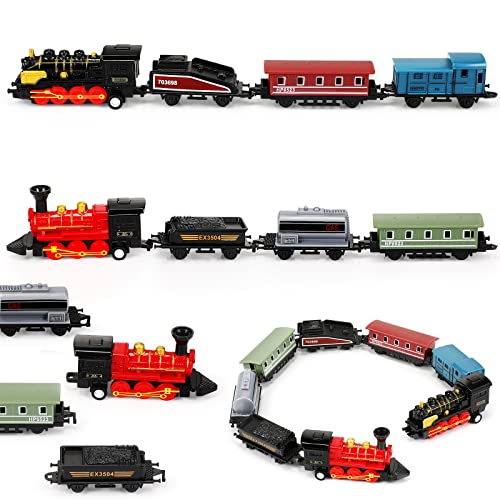Are the American travelers THAT dumb that they cannot board and alight from trains on their own? Let's see how difficult is this task? Train arrives, doors open, passenger boards and looks for his/her seat number. Announcement is made "XYZ station is now approaching". Passengers gets up, waits at the door. Door opens, passenger alights. Too difficult to understand for the American brains?
No, we're not that dumb.
I'm sorry, but I disagree.
Yes, not all Americans are that dumb. But there are some who indeed are. And they typically tend to be the most vocal when they find out that they have indeed boarded the wrong train or that they missed their stop. They start making very expensive demands that Amtrak fix their mistake, rather than owning up to their own foolishness and taking responsibility for their own actions. It's kind of like the guy who drives around the lowered gate, gets hit by the train, and then claims that the train was going to fast. "If it had been going slower officer, it wouldn't have hit me." It doesn't occur to them that they shouldn't have gone around the gate in the first place!
So the simple answer for Amtrak is to avoid that situation by implementing the practices that they do, like forcing everyone to stand in line at the gate such that an employee can verify that the person is indeed smart enough to have paid attention to the announcements and the train number printed on their ticket.
Heck, while I was only a semi-experienced train traveler at the time, my boss & I nearly boarded the wrong train about 23 years ago in Trenton. We had been at a business lunch, which I do admit had seen a fair amount of alcohol being served to all of us, and were headed back to NY. I thought that I had the correct side of the station, my first visit to it, and I was wrong. Thankfully I asked a conductor before we boarded the train to Philly. Of course we missed our train to NY and had to wait an hour for the next one.
And I couldn't rely on my boss to help me with picking the correct side to find our train on. He was halfway through his meal before he realized that he was eating what the client had ordered and that the client had his meal.

:lol: Neither noticed when the waiter put the plates down. So I certainly wasn't going to ask him which track we needed!
















































